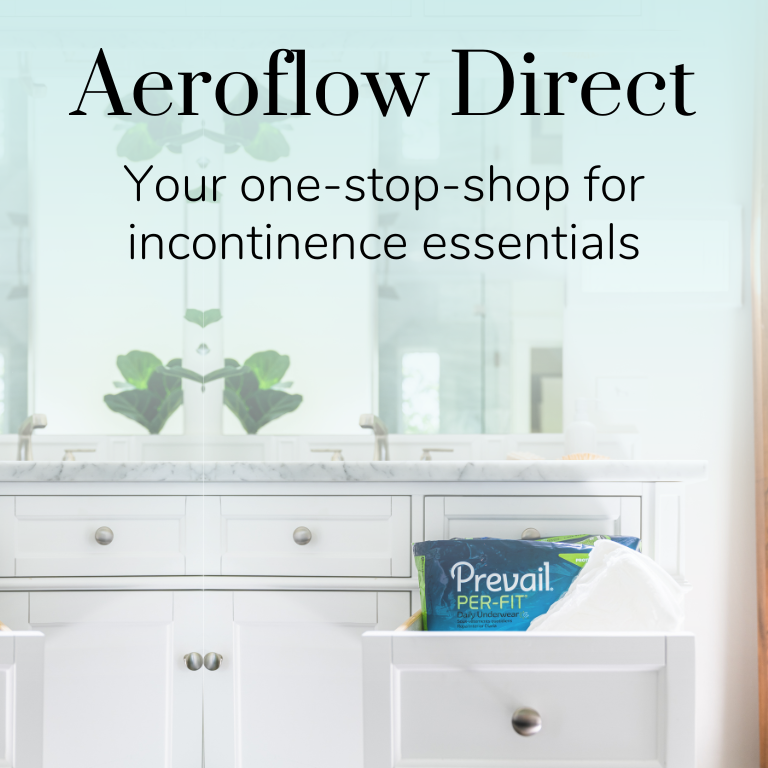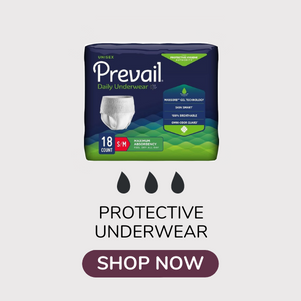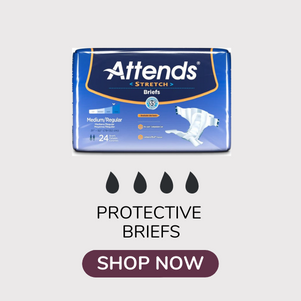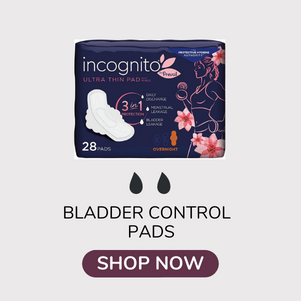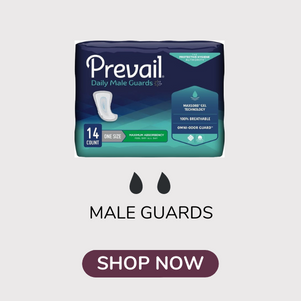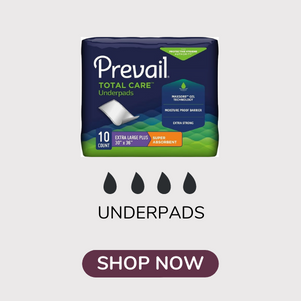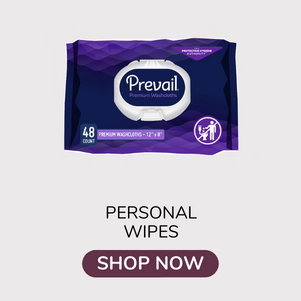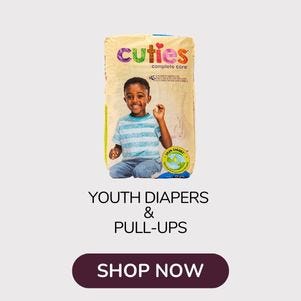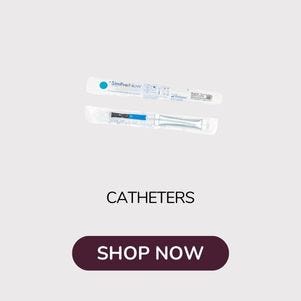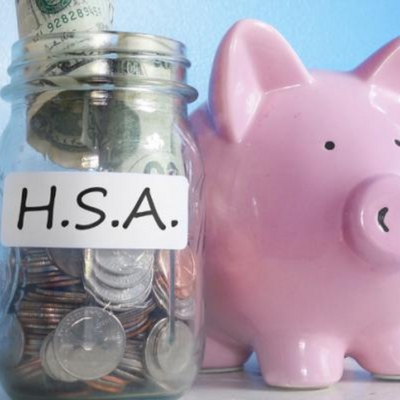

Shop by Category
Our Top Brands
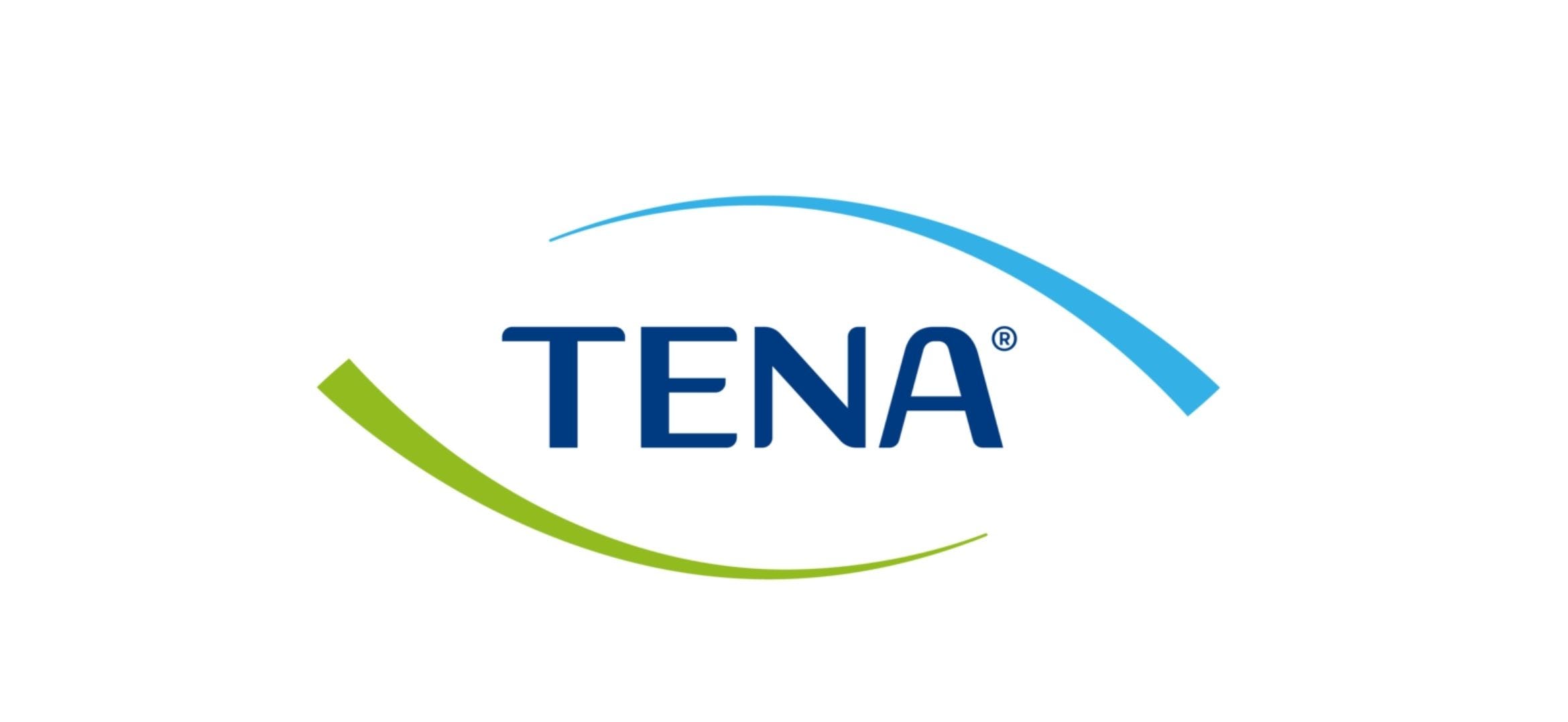

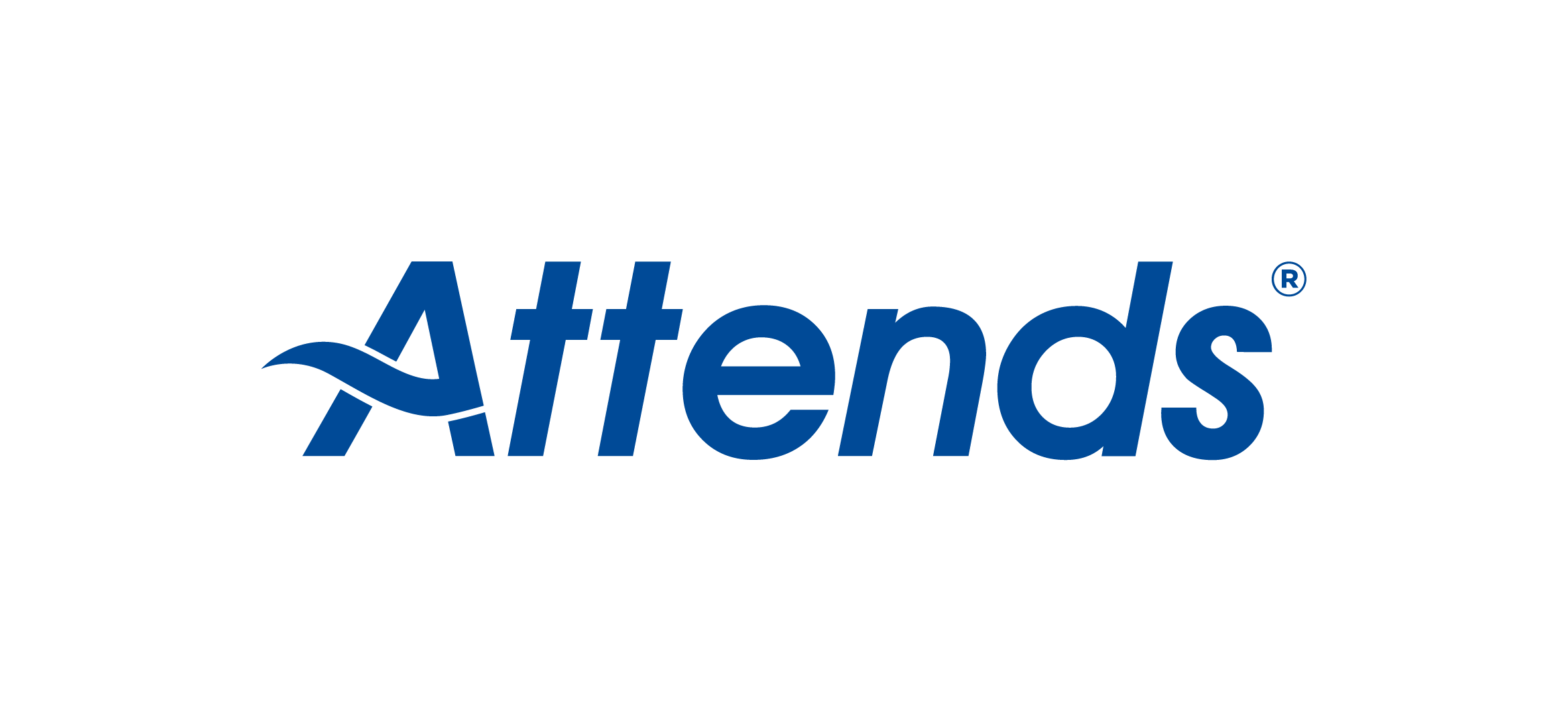

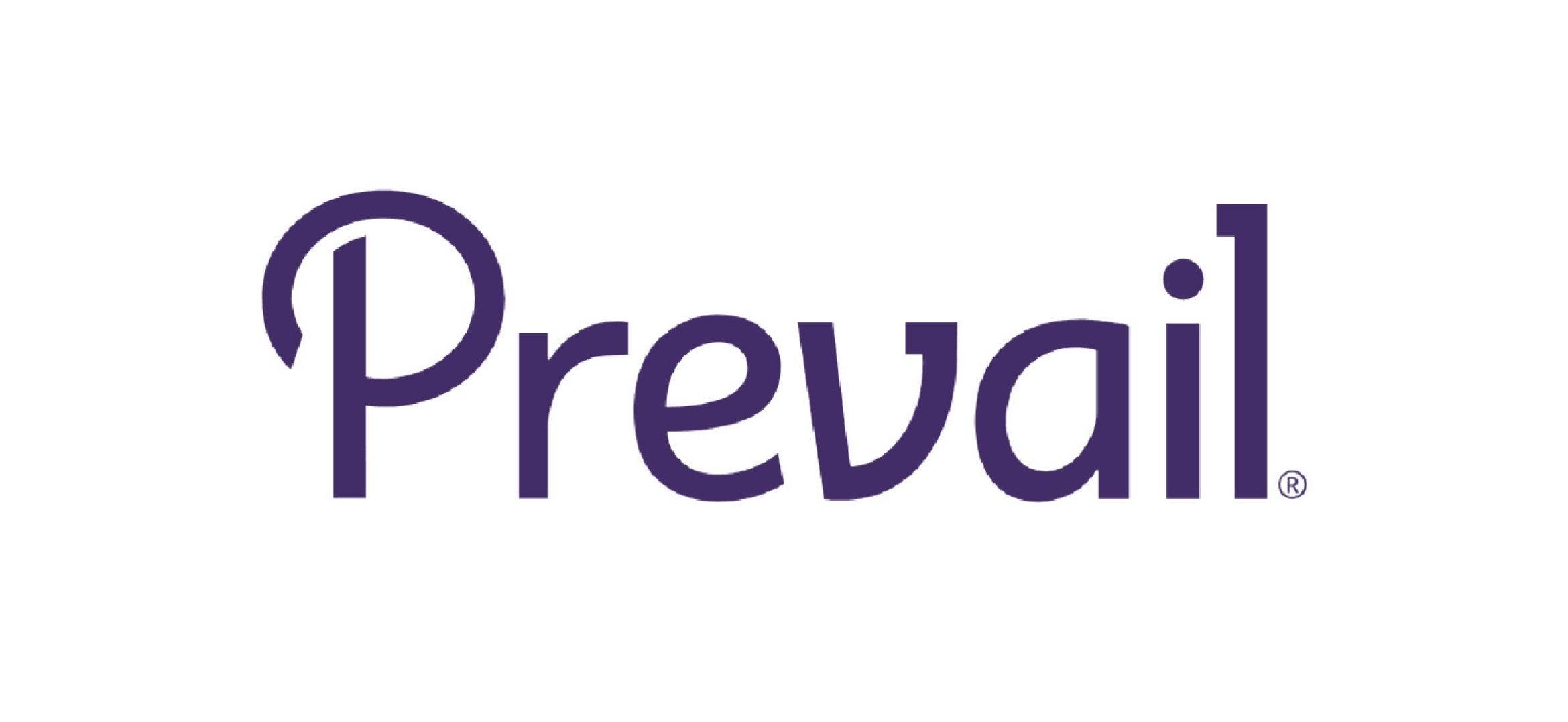

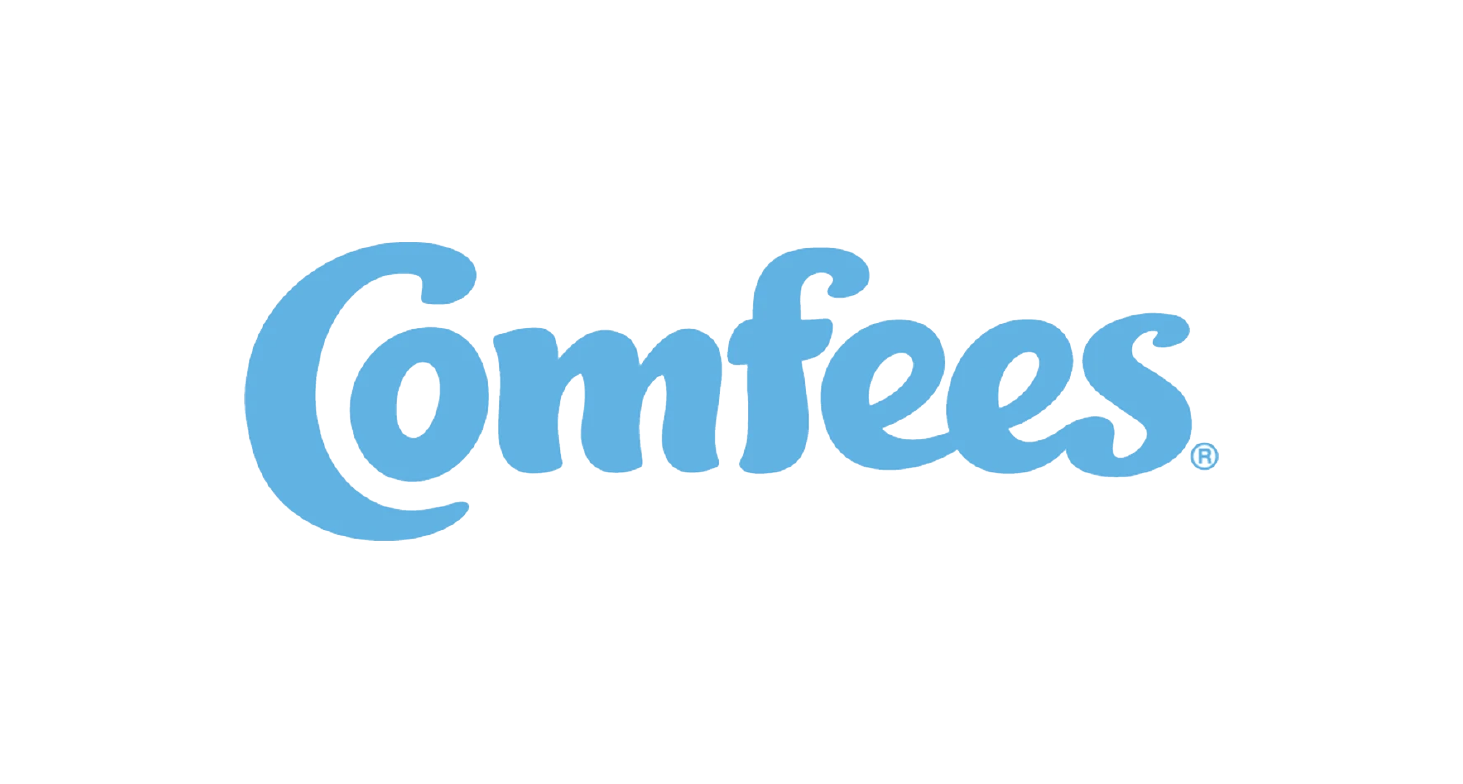

As Seen In












A Word From Our Customers
"Outstanding customer support!"


Very friendly, educational staff. would definelty recommend aeroflow to anyone.
- George H.
"Amazing company!"


I love this company! very friendly people, always willing to go the extra mile to help you with whatever they can! the supplies always ship out and get to me very fast!
Kamara L.
"Great customer Service"


Great customer service!!! Definitely will purchase products from you guys in the future. Keep up the great work!
- Yhi C.


